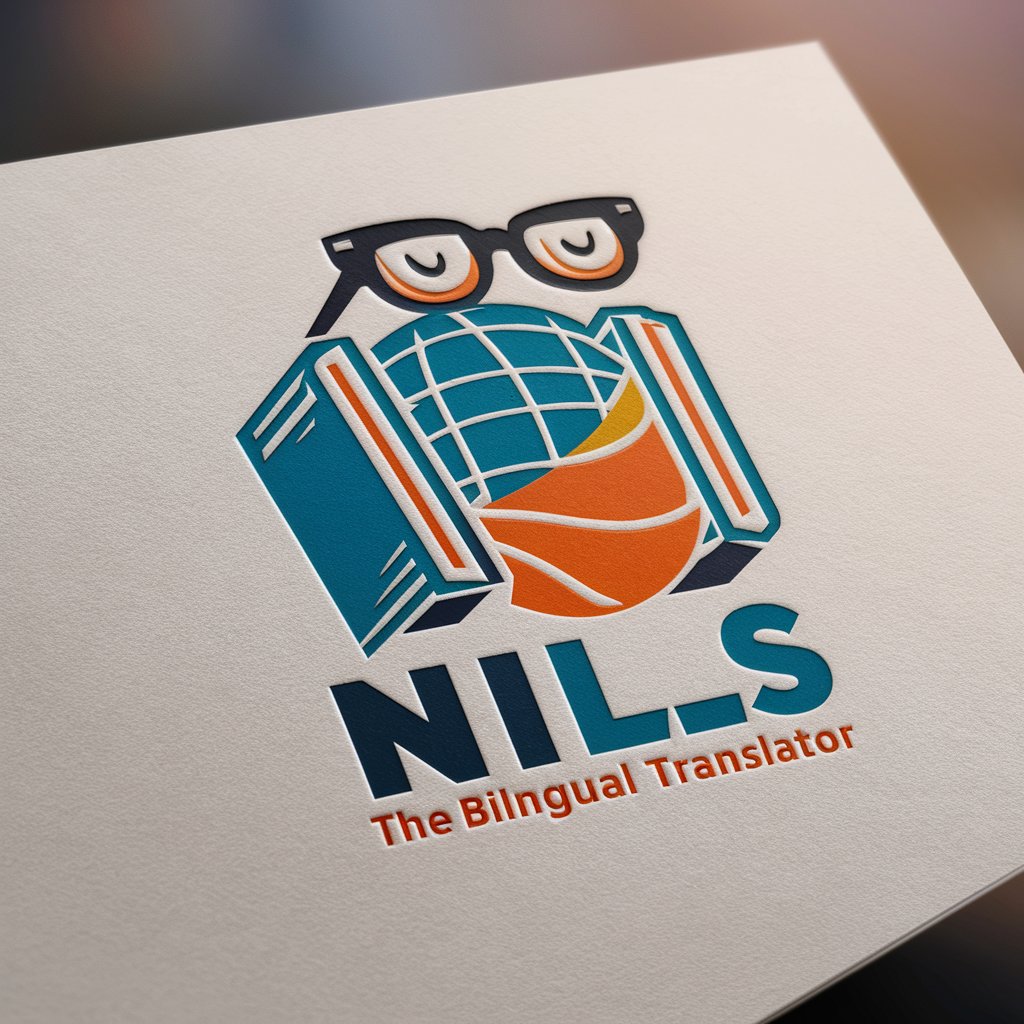Developer Namer - Code Naming Assistant

Naming your code, powered by AI.
python brief the contents of the user's favorites list
获取系统名称
html The color and width of the sidebar.
それはWindowsシステムですか?
Get Embed Code
Introduction to Developer Namer
Developer Namer is a specialized tool designed to assist software developers in creating meaningful, concise, and standardized names for various elements within their code, such as variables, functions, modules, routes, and more. The primary goal of Developer Namer is to alleviate the common challenge of naming conventions in software development, providing clear, intuitive names that enhance code readability and maintainability. By analyzing the context and purpose of the code elements, Developer Namer suggests names that follow best practices and are aligned with the specific programming language's conventions. This tool is invaluable for ensuring consistency across large codebases and among team members, facilitating easier code reviews, and reducing the cognitive load when navigating complex projects. Powered by ChatGPT-4o。

Main Functions of Developer Namer
Variable Naming
Example
userAge
Scenario
When a developer needs to store the age of a user in a variable, Developer Namer suggests 'userAge', which clearly communicates the variable's purpose and the data it holds.
Function Naming
Example
calculateTotalPrice
Scenario
For a function that calculates the total price of items in a shopping cart, Developer Namer might recommend 'calculateTotalPrice', indicating the action performed and the context of the calculation.
Module Naming
Example
authenticationService
Scenario
For a module that handles user authentication processes, Developer Namer suggests 'authenticationService', which concisely describes the module's functionality.
Route Naming
Example
/getUserProfile
Scenario
In web development, for a route that fetches user profile data, Developer Namer could propose '/getUserProfile', a clear and RESTful route name that specifies the action and resource.
Ideal Users of Developer Namer
Software Developers
Developers at all levels, from beginners to experienced professionals, who seek to improve code clarity and maintainability through better naming conventions.
Development Teams
Teams looking to standardize naming conventions across their codebase to enhance collaboration, code reviews, and onboarding of new members.
Educators and Students
Coding educators and students who want to learn and apply best practices in naming as part of software development education.
Open Source Contributors
Contributors to open source projects who need to adhere to or establish consistent naming conventions for the project's codebase, facilitating easier understanding and collaboration among the global developer community.

How to Use Developer Namer
1
Visit yeschat.ai for a free trial without login, also no need for ChatGPT Plus.
2
Navigate to the Developer Namer section to access the tool directly.
3
Enter a description of the code element you need to name (e.g., variable, function, module) in the input field provided.
4
Review the naming suggestions provided by Developer Namer, which will include options based on best practices and common conventions.
5
Select the most appropriate name for your use case, or use the suggestions as inspiration to craft your own unique identifier.
Try other advanced and practical GPTs
TherapEase Selector
Navigating You to Tailored Emotional Support

Maxwell
Empowering Creativity with AI

Artificial Intelligence - Use Cases
Empower decisions with AI insights

Playful Artist
Turn your photos into Nintendo masterpieces

Find a Journalist to write about your startup
Connect Your Startup with Relevant Journalists

Nils | Translator✍️ English ↔ German
Empowering communication with AI-powered translation.

What's for Dinner
Explore, Cook, Enjoy: AI-Powered Culinary Guide

AI Photonics Expert
Illuminate Innovations with AI-Powered Photonics Expert

PowerShell for Windows Master
Elevate scripting with AI-powered PowerShell assistance.

Master Black Belt Advisor
AI-Powered Continuous Improvement Expert

AdamsArt Popular Art Styles for You
Bringing Your Artistic Visions to Life with AI

Customer Insights Pro - US Census Data Optimizer
Empower your strategy with AI-driven demographic insights.

Frequently Asked Questions about Developer Namer
What is Developer Namer?
Developer Namer is an AI-powered tool designed to assist software developers in generating meaningful and convention-compliant names for various code elements, such as variables, functions, modules, and more.
Can Developer Namer suggest names for any programming language?
Yes, Developer Namer is versatile and can suggest names suitable for a wide range of programming languages, adhering to the naming conventions and best practices specific to each language.
How does Developer Namer ensure the quality of its suggestions?
Developer Namer uses a combination of AI algorithms, a vast database of naming conventions, and best practices across multiple programming languages to ensure that its suggestions are both meaningful and appropriate.
Is there a limit to how many names I can generate with Developer Namer?
While there might be usage limits for free trials, these are generally set at a generous level to allow users to thoroughly test the tool's capabilities. Premium plans offer even more flexibility and higher limits.
Can Developer Namer also suggest names for custom or domain-specific applications?
Yes, Developer Namer is capable of generating names for custom or domain-specific applications. It can adapt its suggestions based on the context and description provided by the user, making it a versatile tool for a wide range of software development projects.
